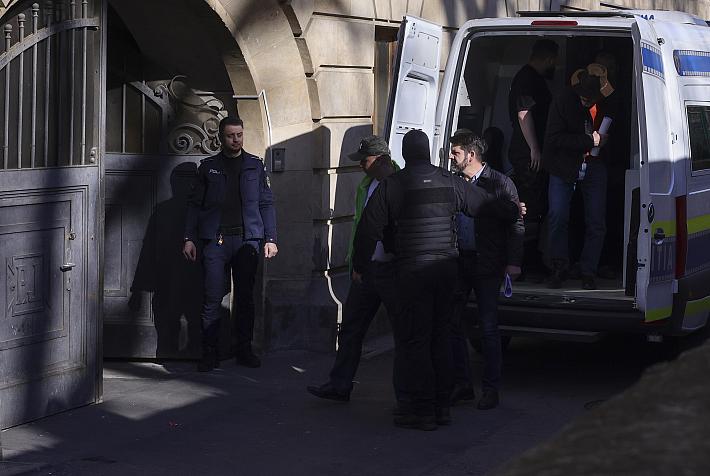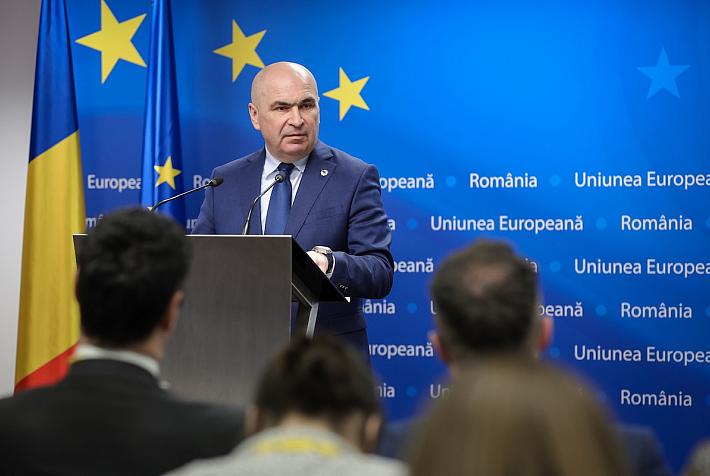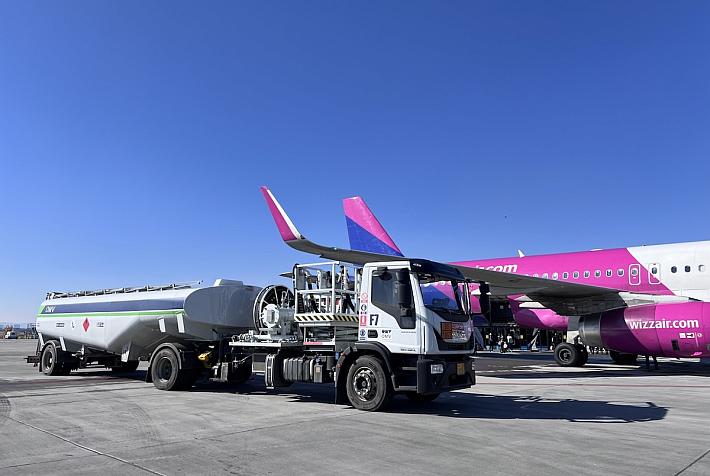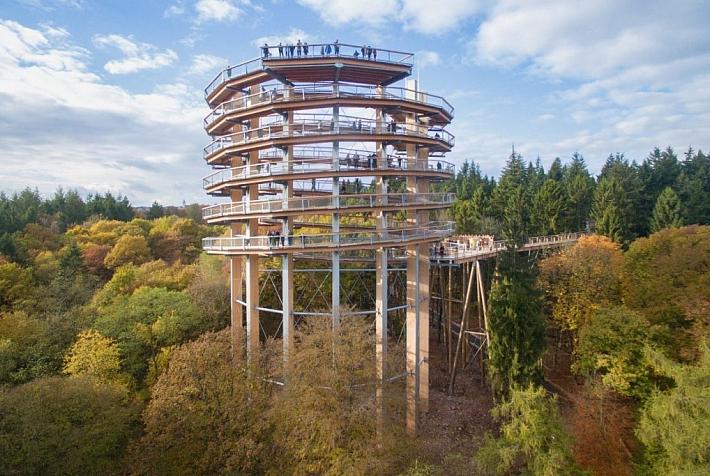ROCA Analysis: Private Equity investments represent only 0.041% of Romania's GDP. A 40-year gap compared to Western Europe
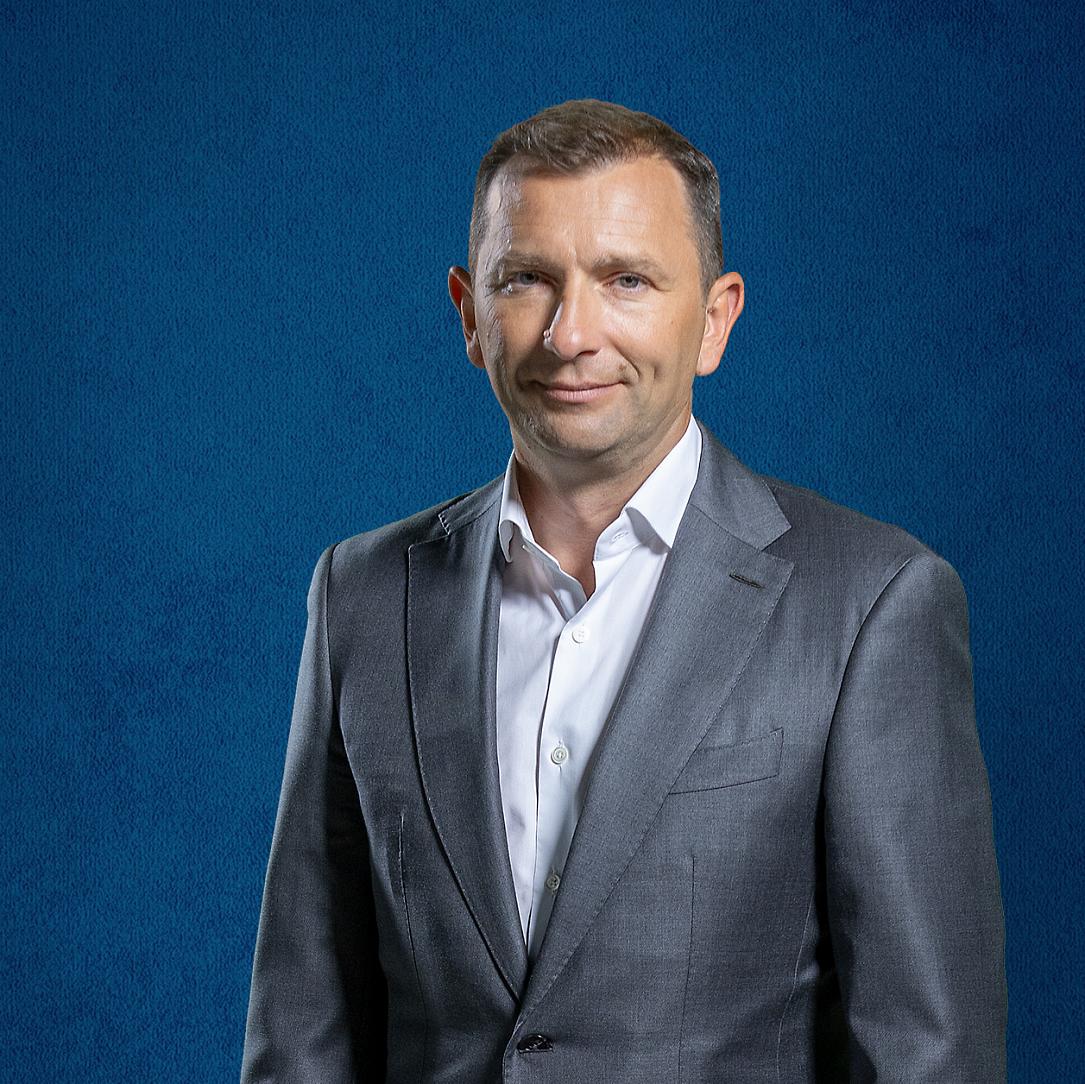
• The ratio of Private Equity investment value to Romania's GDP is just 0.041%, ten times lower than the similar ratio at the European level.
• EUR 400 million is available through the PNRR for private investments, of which EUR 265 million have been allocated to date and only EUR 60 million have been invested.
The Private Equity (PE) market in Romania is underdeveloped compared to the situation in the region, as well as at the European and global levels, with the ratio of Private Equity investment value to local GDP being only 0.041%, ten times smaller than the similar ratio at the European level, according to an analysis conducted by ROCA, the most dynamic private equity company in Romania. At the same time, however, the potential for developing the PE ecosystem is considerable, and the entry of institutional investors into the local market, such as pension funds, could accelerate the development of the economy, according to the ROCA analysis quoted by investor Andrei Cionca during an event dedicated to the regional development of Romania.
In 2023, the capital managed by PE funds reached over EUR 1.154 trillion, with almost half in the UK and Ireland, 25% in France and the Benelux, 12% in Northern European countries, 10% in the DACH region, 5% in Spain and Portugal, and only 1% in Central and Eastern European countries. Romania is nearly insignificant in this picture, according to an InvestEurope study analyzed by ROCA.
“Romania has significant potential in the PE segment that needs to be unlocked at a systemic level. Romania needs shortcut-type solutions, considering the 40-year gap we have on this segment compared to Western European countries. We thus need a national policy to encourage local PE and pension funds to invest considerable sums in Romanian companies and thus strengthen the country's economy, which at this moment is very fragmented,” said Andrei Cionca, investor and co-founder of ROCA.
At the European level, pension funds allocate 3.5% of the sums managed, which accounts for 24% of the capital raising effort. In comparison, in Central and Eastern Europe, the percentage is 2%, while in Romania, these contributions are almost non-existent, even though the legislation allows the distribution of 1% of the sums managed by pension funds to PE funds. Moreover, compared to OECD member countries and non-member countries, the ROCA analysis indicates a share of 5.8% of pension fund sums allocated to PE in OECD member countries, while in non-member countries, the percentage is 1.4%.
“If we look at the global picture of collective investment entities, we see growth. The effects of policies implemented last year, especially from the fiscal area, namely the increase in the number of investors, are visible. For example, in the area of collective investment entities, the threshold of 700,000 investors has been exceeded. In the Private Equity and Venture Capital area, we have ongoing discussions and debates with industry associations and all stakeholders on an ecosystem law project that refers to the fund ecosystem and will bring significant changes for the development of this industry,” stated Maria-Gabriela Horga – Vice-President, Financial Instruments and Investments Sector – Financial Supervisory Authority, present at the same event.
A model for developing the PE sector with a major impact on the economy is the Polish model. Practically, the Polish Development Fund Group (PFR), an investment group created with the support of the Polish government, has reached a portfolio of over 75 PE funds, managing assets worth over EUR 1 billion.
“In other European economies, pension funds are very active in long-term investments because that is the nature of pension fund activity, and they have impressive sums at their disposal. Pension funds are very important players that not only have significant amounts but also the professionalism to identify, manage, and capitalize on this type of investment,” stated Ilinca Von Derenthall – President of the Committee of Representatives, independent non-executive director (INED) at Fondul Proprietatea S.A., Romania, during the event.
A model for developing the PE sector with a major impact on the economy is the Polish model. Practically, the Polish Development Fund Group (PFR), an investment group created with the support of the Polish government, has reached a portfolio of over 75 PE funds, managing assets worth over EUR 1 billion.
“In 2016, PFR was created based on the model of the European Investments Fund, and since then, over EUR 1 billion has been invested in more than 75 Private Equity and Venture Capital funds, which in turn have supported the development of over 800 companies. Without government support, this would not have been possible – private capital must be utilized, but strategic intervention at the governmental level is absolutely necessary. Romania can adopt certain shortcuts to bridge the existing gap, such as developing structures similar to those adopted in Poland,” stated Małgorzata Walczak, Investment Director at PFR Ventures, during the same event.
ROCA Investments, the most dynamic private equity company in Romania, holds, as the majority shareholder, two holding companies specialized in strategic industries (construction materials and agriculture) and a portfolio of minority stakes in five Romanian companies. Over six years of activity, ROCA Investments has completed 25 transactions and achieved two significant exits.
* This is a press release.







